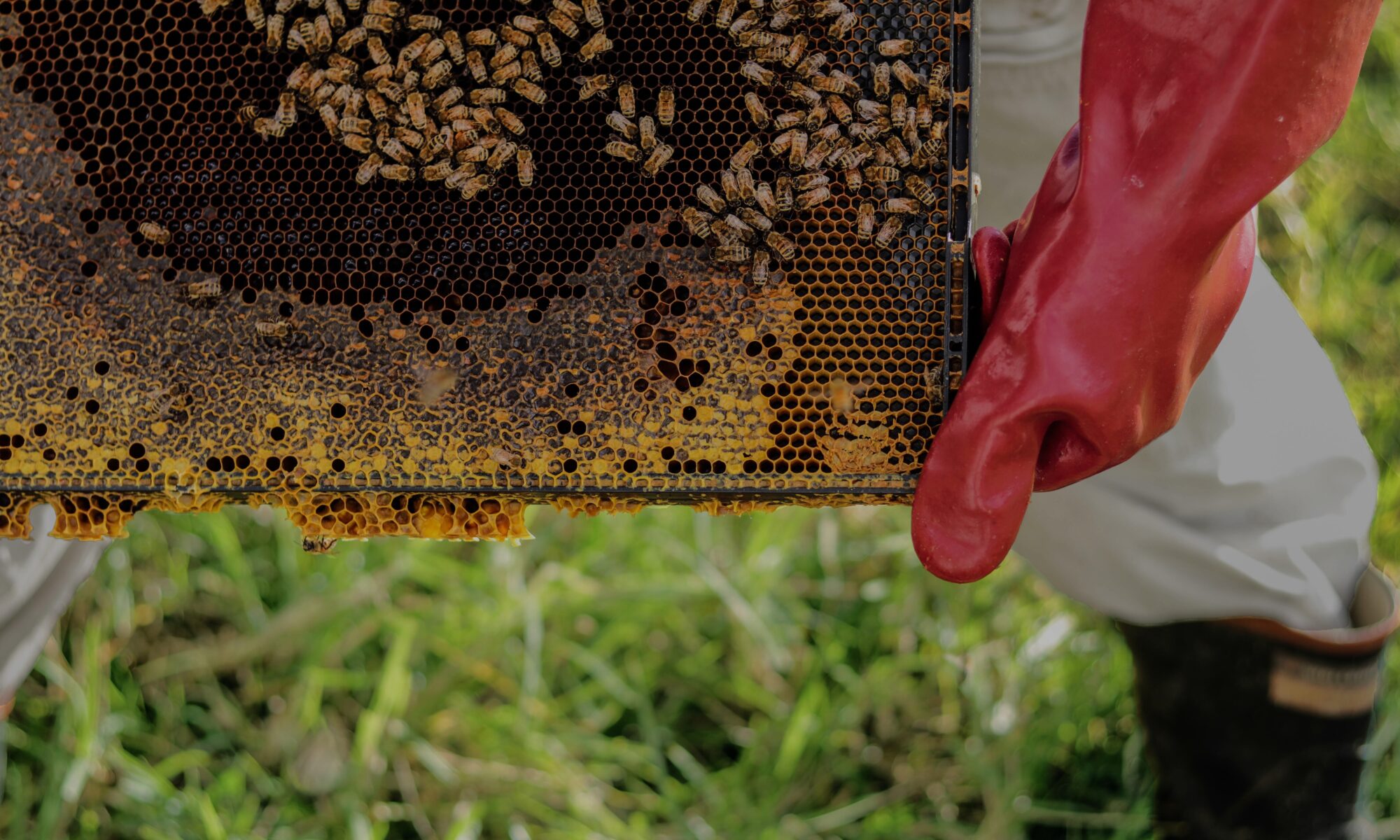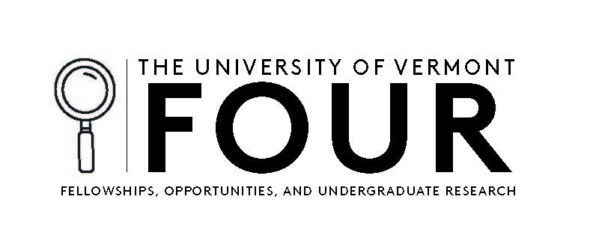By Bella Brooks
Have you ever been writing a paper and found the perfect source, only to be denied access?
In an event hosted by UVM’s Gund Institute for the Environment, Assistant Professor Meredith Niles explored how open access works, its implications for accelerating academic progress, its intersection with social justice, and its role in the process of publishing research. Although her lecture focused on scientific research, understanding open access is critical and cross-cutting for all researchers and readers of research.
Imagine you’re in the research process. You’ve got a great idea, secured funding, conducted your research, and have results. After writing a manuscript, you submit it for publication (more on that later) and it’s been approved! Next, your manuscript is sent out to be reviewed by your peers in your field of research, they’ve reviewed and edited your work, and the journal you submitted your manuscript to agrees to publication. Once the journal you submitted to agrees to publication, you agree to copyright: no one else gets to publish your work, as its now owned by the journal. This is where the process gets a little tricky. Upon publication, your work is sold back to libraries and institutions that provide access to members who read your work, non-members find your work somewhere for free to read, or simply don’t read it at all.
Niles specifically focused on how publicly funded research is being turned over to for-profit journals that then sell us our own work back, where only certain people have access to it.
Niles argued that people publish their research and results not for payment, but for public good, inquiry, knowledge, and academic connections. Journals buying and selling back research obstructs this process. On the accent gradient, the gold standard is free and immediate online access; however, most research is blocked by paywalls and subscriptions. Having to purchase access to research severely limits one’s audience. When only people who can afford to purchase subscriptions or have institutions granting them access (i.e.: college students), a majority of the population is excluded and denied access. When accessing the work of others, keep the concept of open access in mind, and when publishing your own work consider who will and will not have access to your research and be mindful of who you’re giving the copyrights of your work to.
Resources for Students Accessing and Publishing Research:
- Being contacted by a publisher offering to publish your work for free? Use Beall’s List to check if the email is from a predatory journal or publisher.
- Blocked by a paywall and can’t get access? Contact the author for permission. Many authors will provide you with a copy of their work.
is a great resource to consult before submitting to journals. Sherpa helps you find publishers’ archiving policies and copyright contracts. Sherpa also provides:
Worldwide Directory of Open Access Repositories
List of Publishers’ Archiving and Copyright Policies
- ArXiv allows you to self-archive pre and post prints of your work.
- ScholarWorks preserves and shares scholarly and creative works by UVM students, staff, faculty, and their collaborators.
- ResearchGate is NOT open access. To self-archive here, you must hold the copyrights. Journals and publications have sued for violations. Good reminder to read the fine text in the terms and conditions before self-archiving!


